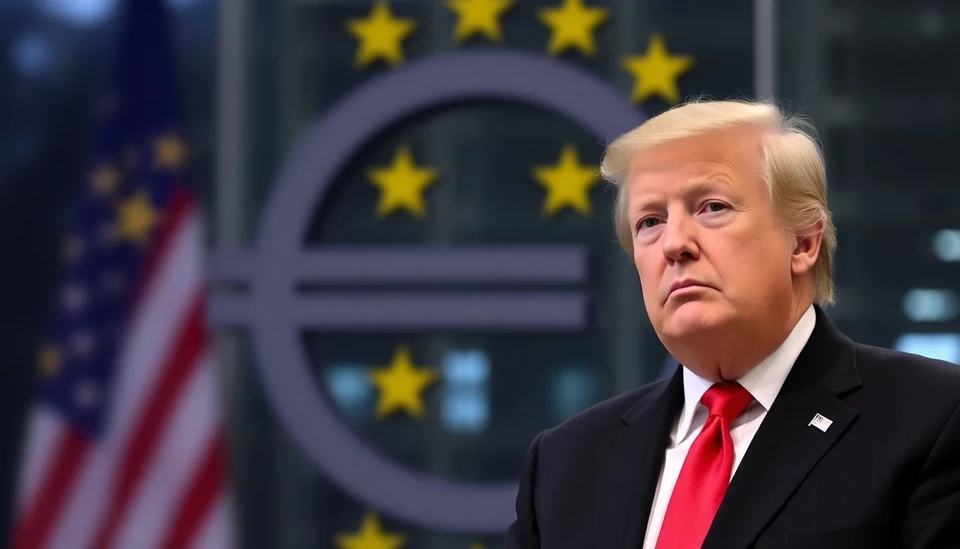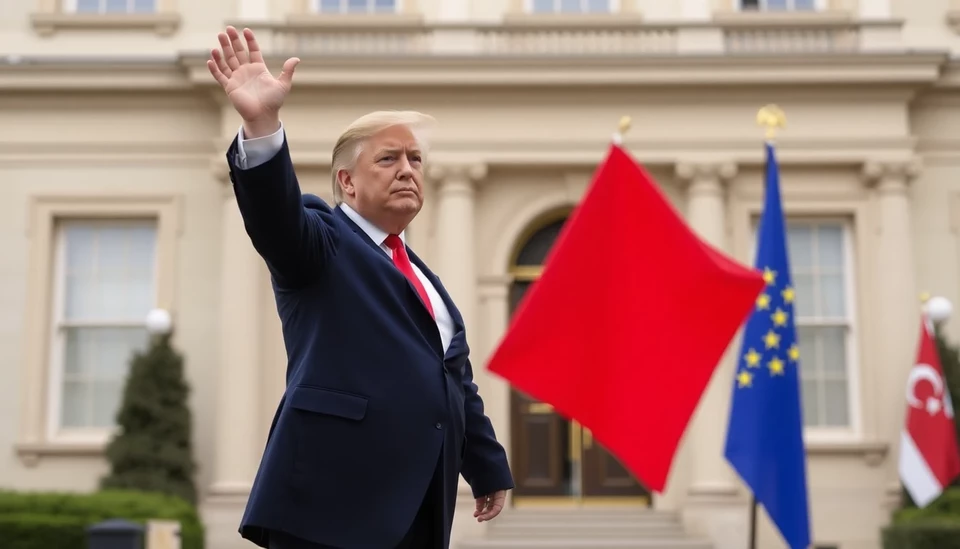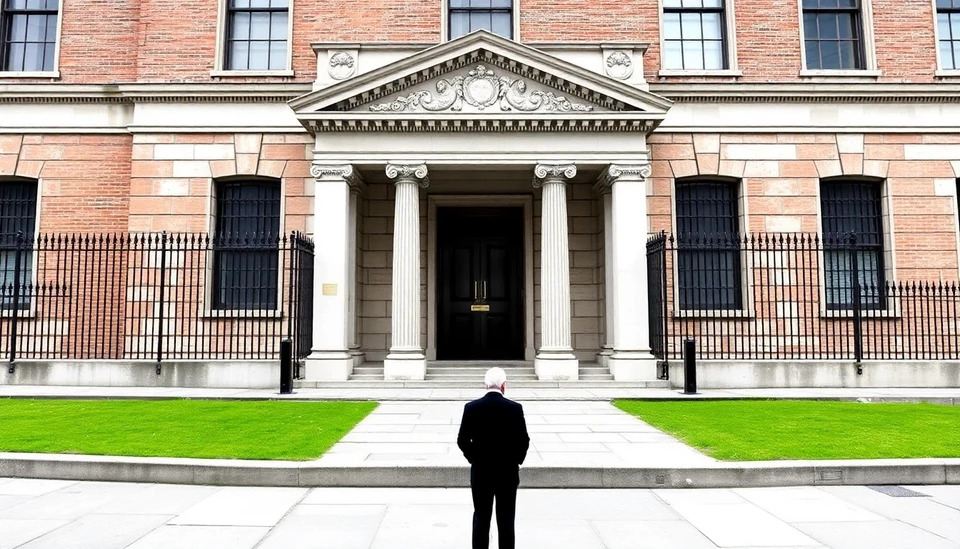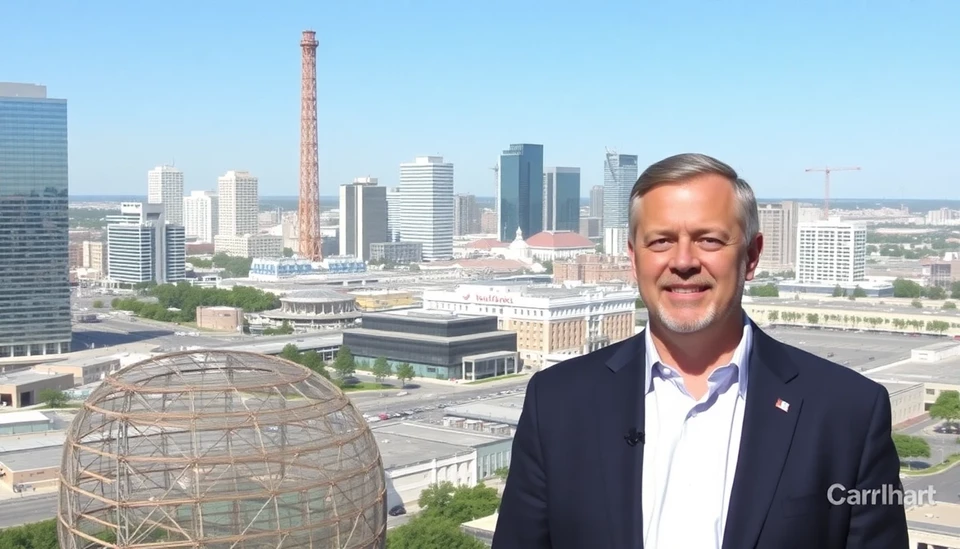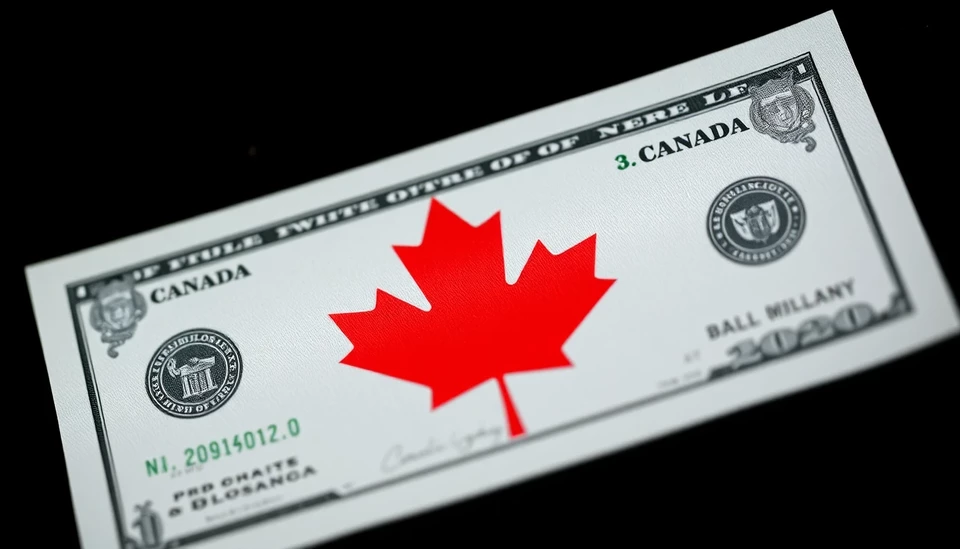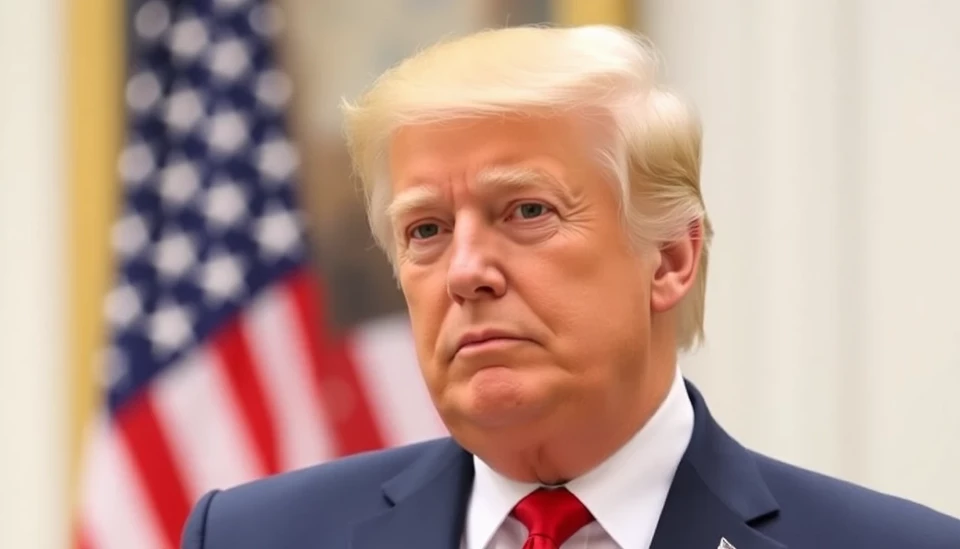
In a striking commentary following Donald Trump's election win, Piotr Kotecki, the head of the Polish central bank's monetary policy council, has ignited a crucial discussion regarding monetary policy strategies in Europe. Kotecki argues that Trump's victory serves as a compelling argument against implementing stringent monetary policies within the European financial landscape.
Kotecki points out that Trump's ascent to power reflects a growing sentiment among voters who are increasingly disillusioned with established economic frameworks. Upon reviewing trends from the U.S. election outcomes, he emphasizes that there is a clear signal to European policymakers: persistent high-interest rates, reminiscent of those upheld during economically turbulent times, could lead to undesired economic stagnation and discount the voices of everyday citizens.
His insights come at a time when European economic indicators show signs of slowing, with inflation proving more challenging to control than anticipated. Kotecki articulates concern that a rigid monetary policy could exacerbate these difficulties, limiting growth and heightening social discontent. By contrast, he advocates for a more flexible approach that prioritizes economic growth and better addresses the needs of the populace.
In the United States, Trump's election has led to a notable rise in market volatility and shifts in investor sentiment. Kotecki draws parallels, suggesting that European leaders must heed the warnings represented by recent U.S. elections. He believes that a hasty move to tighten financial conditions could replicate the mistakes of the past—something Europe cannot afford to overlook as it navigates its own economic challenges.
Kotecki’s comments also align with broader discussions occurring within various European central banks, where policymakers are increasingly under pressure to adapt their strategies in light of changing political and economic climates. He argues that embracing a more adaptable monetary stance could help mitigate risks associated with economic downturns while fostering social stability across the continent.
As the European Union grapples with these pressing monetary policy challenges, Kotecki's warning serves as a timely reminder of the interconnectedness of global economic dynamics. The need for a thoughtful reevaluation of policies that directly affect citizens' lives has never been more urgent, especially in an era where voter sentiment can rapidly shift and reshape political landscapes.
In summary, Kotecki's insights illuminate the critical intersection of politics and monetary policy, urging European leaders to consider the implications of their decisions on society at large and to avoid the pitfalls of overly rigid economic frameworks.
As the debate unfolds, it remains to be seen how European policymakers will respond to the challenges presented by shifting political tides both at home and abroad.
#TrumpWin #MonetaryPolicy #Europe #Poland #Economics #Kotecki #EuropeanUnion #InterestRates #PoliticalLandscape
Author: Rachel Greene
